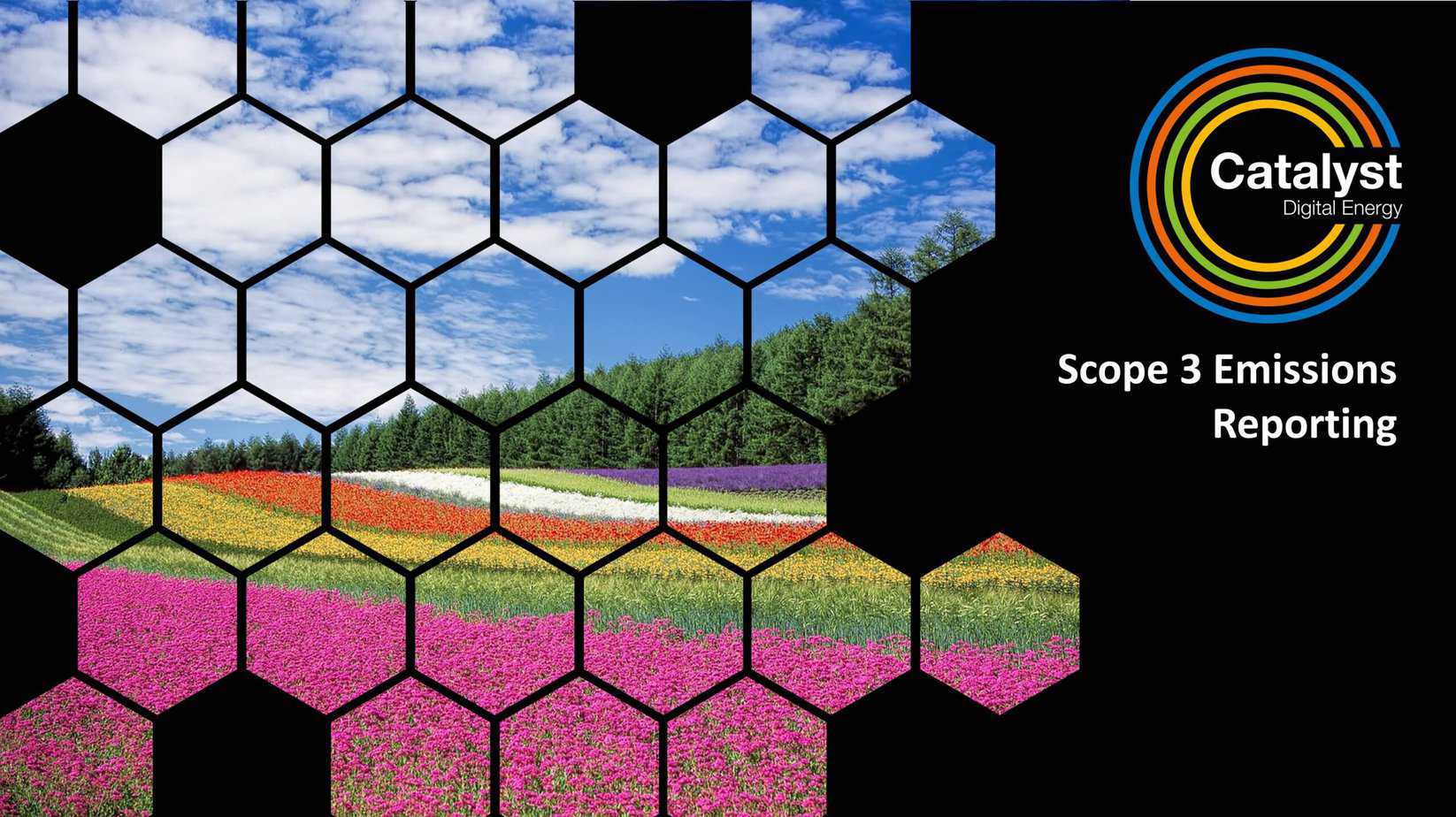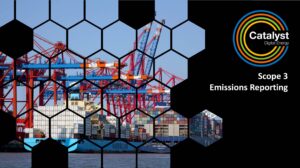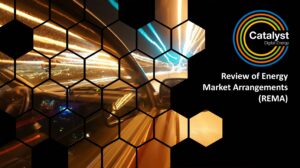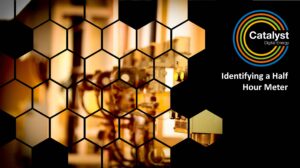Scope 3 Emissions ReportingViews sought on reporting of Scope 3 GHG emissions in UK

Scope 3 Emissions Reporting
In regard to scope 3 emissions reporting DESNZ recently opened a call for evidence regarding the costs, benefits and practicalities of Scope 3 greenhouse gas (GHG) emissions reporting in the UK. Under the GHG protocol, a company’s emissions are currently classified into three scopes.
> Scope 1 emissions are direct emissions from owned or controlled sources;
> Scope 2 emissions are indirect emissions from the generation of purchased energy; and
> Scope 3 emissions are all indirect emissions, not included in Scope 2, that occur in the value chain of the reporting company.
DESNZ notes that Scope 3 emissions are often the most challenging source of emissions for businesses to identify, quantify, and address. However, under the government’s Streamlined Energy and Carbon Reporting (SECR) framework, the reporting of Scope 3 emissions remains largely voluntary.
In June 2023, the International Sustainability Standards Board (ISSB) issued its inaugural standards for sustainability-related disclosures.
The first two standards – IFRS S1 and IFRS S2 – include the requirement for entities to report their Scope 1, Scope 2, and Scope 3 emissions.
Following the ISSB’s announcement, the government declared that it would launch an endorsement process to assess the suitability of the standards issued by the ISSB for use in the UK.
DESNZ notes that Scope 3 emissions carbon reporting accounts for approximately 80-95% of total emissions for a large number of organisations and reducing Scope 3 emissions should help the UK reach its 2050 net zero target.
DESNZ adds that the reporting of Scope 3 emissions is becoming increasingly important for investors and stakeholders when considering the transition readiness of organisations.
However, DESNZ outlines that measuring, calculating, and disclosing Scope 3 emissions can create additional administrative burdens on reporting entities, as well as an increased cost for organisations who do not usually report Scope 3 emissions.
The call for evidence is expected to support the government in understanding any wider impacts of the ISSB’s endorsement.
It is also expected to inform a post-implementation review of the SECR, due to be held in 2024, which will help ensure the SECR is achieving its aims and inform any future changes that could help reduce compliance costs or increase the benefits of the regulation.
The call for evidence is expected to be of particular interest to UK businesses of all sizes. Views are requested by 14 December.
About Catalyst
Catalyst Digital Energy is an award-winning energy consultancy with a focus on digital energy services, total energy contract lifecycle management and energy management services. It is revolutionising how businesses manage energy with its unique Energy Spend Management Platform, which is powered by Robotic Process Automation (RPA) EaaSi®.
Catalyst is digitising all aspects of energy, including billing, data, consumption, spend, payments, procurement and emissions reporting. When combined with its fully funded renewable energy solutions, Catalyst offers a unique and powerful approach to managing energy.




